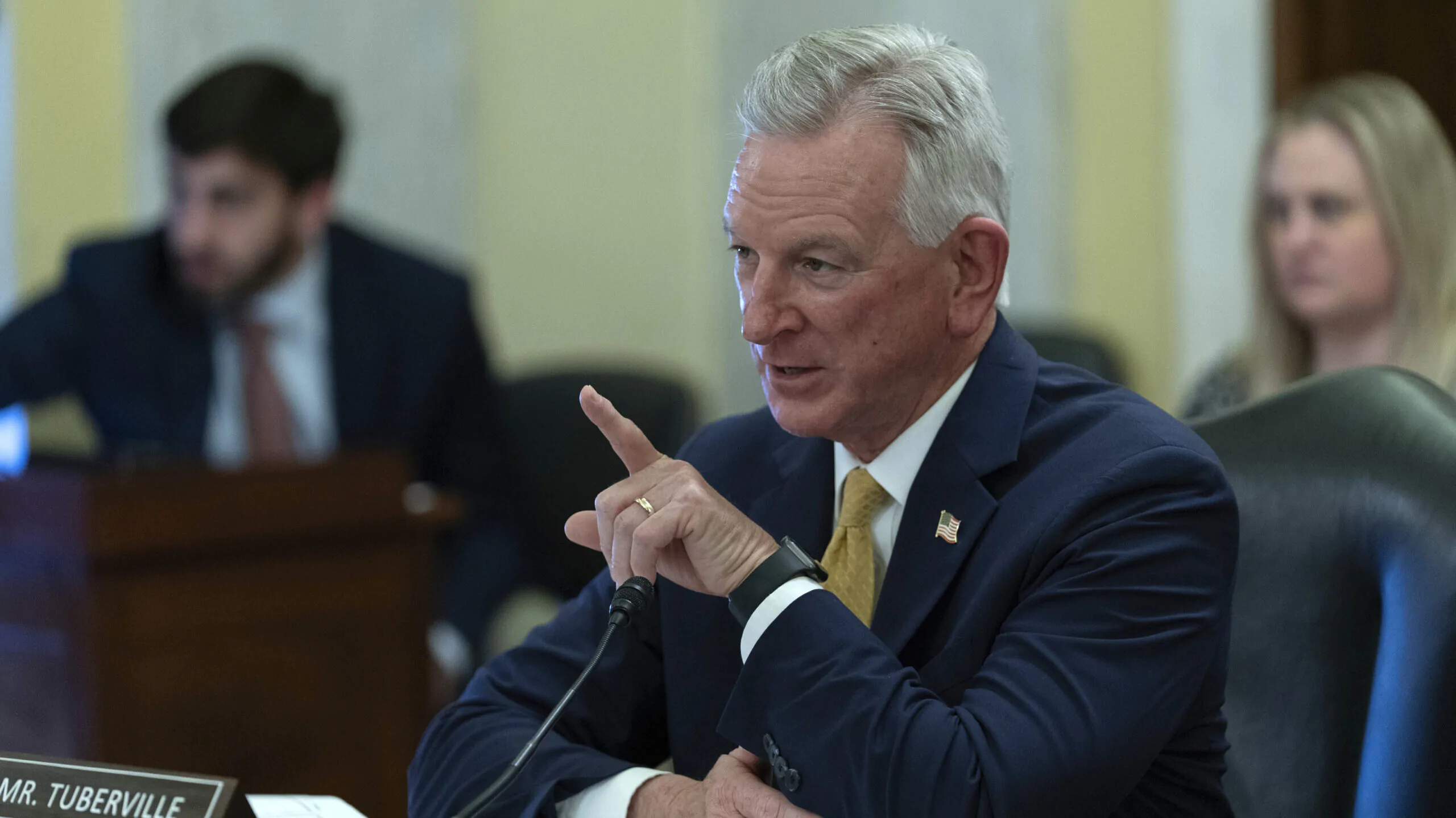|
Getting your Trinity Audio player ready...
|
Residence issues have dogged U.S. Senator Tommy Tuberville since the moment he entered Alabama politics in 2019. Winning a seat in the U.S. Senate did little to quiet the concerns, and now, as Tuberville teases a bid for governor, the calls for him to prove his legal residence in the state are becoming louder—and more urgent.
At the heart of the matter is a stark legal reality: while Tuberville only needed to live in Alabama for a single day to qualify for the U.S. Senate, running for governor is an entirely different matter. Under the Alabama Constitution, a candidate must have been a bona fide resident of the state for at least seven consecutive years prior to election day. That is a high bar—and one Tuberville must be legally obligated to clear if he intends to make a serious run.
One piece of the puzzle centers around income taxes. Alabama residents are required to pay state income tax on their worldwide income, no matter where it is earned. The Alabama Administrative Code makes it clear: individuals domiciled in Alabama are taxable on all income unless they have legally established a new domicile elsewhere.
Residency, or “domicile,” is not a casual term. Under Alabama Administrative Code Rule 810-3-2-.01, domicile is a person’s fixed and permanent home—a place where they lay their head, keep the majority of their possessions, and are known to others as their home. Once established, domicile persists until it is clearly abandoned and replaced by a new one elsewhere.
Experienced election lawyer, Barry Ragsdale, who represented Libertarian candidate Elijah Boyd in the successful residency challenge of former State Rep. David Cole—later convicted of voter fraud—explains the situation plainly.
“Tax returns can and do play a role in determining contested residency, and they have regularly been considered by courts in election and voting cases,” Ragsdale said. “Generally, the courts in Alabama view residency statements in tax returns as competent and relevant evidence, but not necessarily conclusive.”
Ragsdale noted, there is a legal concept that could complicate matters for Tuberville.
“Many courts, however, recognize a doctrine called ‘tax estoppel,’ which holds that someone who swears to a fact in their tax return (and gets some benefit) can’t turn around and swear to something different in court,” Ragsdale said. “Alabama courts have obviously not addressed whether a political candidate’s statement of residency in a tax return, sworn under penalty of perjury, would keep them from testifying differently in an election contest. At the very least, the candidate would face some very tough and embarrassing questions that might force them to admit to having sworn ‘inaccurately’ on their tax returns.”
APR recently filed an Open Records request with the Alabama Department of Revenue seeking simple confirmation of whether Tuberville filed state income tax returns for 2019, 2020, 2021, 2022, 2023, and 2024. APR did not request to view any tax documents—only confirmation that filings existed. However, the Department responded that individual income tax records are not subject to the Alabama Open Records Act, even for basic verification.
What is publicly known is that both Tommy and Suzanne Tuberville voted by absentee ballot in Alabama’s 2020 general election. Under Alabama law, voting requires legal residency in the state. Signing a voter registration form is an affirmation, under penalty of law, that the individual is a bona fide resident.
Voting while not being a legal resident carries serious consequences. In Alabama, knowingly registering or voting in a district where one does not reside is considered voter fraud, a Class C felony punishable by up to 10 years in prison. It is not a theoretical risk: last year, Republican State Representative David Cole was arrested and later convicted for voter fraud after falsifying his residency.
In Tuberville’s case, the situation is made more complex by his and his wife’s ties to Florida.
As Ragsdale points out, Senator Tuberville’s Florida connections could be a significant factor.
“Senator Tuberville’s case may be impacted by the fact, as I understand it, that Florida doesn’t have an individual income tax and so individual returns may not be required,” Ragsdale said. “There are undoubtedly numerous other tax and real estate filings (in both Florida and Alabama) that he has signed or authorized which would contain prior sworn statements of residency.”
Ragsdale further notes that the timeline matters.
“Remember that the Constitution requires seven years of residency to be Governor, so records going back that far would be relevant,” he said. “Of course, obtaining those records is in no way certain in the face of what will almost certainly be scorched-earth opposition from the candidate and the Republican Party.”
As Ragsdale bluntly put it, “I definitely wouldn’t expect the ALGOP to make Tuberville produce those records during any pre-election contest, so it will have to await a court case if and when he becomes the nominee.”
In short, if the Tubervilles are truly Alabama residents—as they assert—there should be a straightforward paper trail: seven consecutive years of Alabama income tax filings and related documentation. Producing that evidence would not only reinforce Tuberville’s claim to Alabama citizenship but would demonstrate a much-needed respect for the voters he now asks to trust him again.
The longer Tuberville hesitates, the more reasonable voters’ doubts become. In politics, as in life, trust is earned through action, not promises. In a state that values integrity, Tuberville owes voters more than slogans and smiles. He owes them proof. If he cannot—or will not—provide it, Alabamians have every right to question whether he truly respects the rule of law he seeks to uphold.















































